Weird Superstitions From Around the World
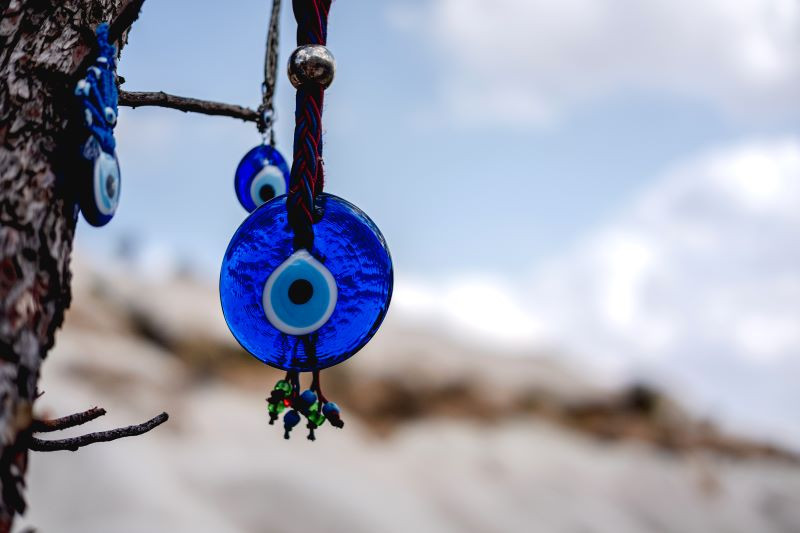
©️ tan4ikk / Envato
Superstitions are those quirks of human behavior – the knocking on wood, the lucky charms, the avoidance of black cats on Friday the 13th.
But while some superstitions are common across cultures, others are truly bizarre. Buckle up, and get ready for a trip around the world of weird superstitions!
Weird Superstitions
Here is a list of the weirdest superstitions around the world:
1. Knocking on Wood (Indo-European, Celtic, or possibly British)
This common superstition is a way to tempt fate after boasting or saying something positive. By knocking on wood, you are symbolically warding off potential bad luck that might follow your good fortune.
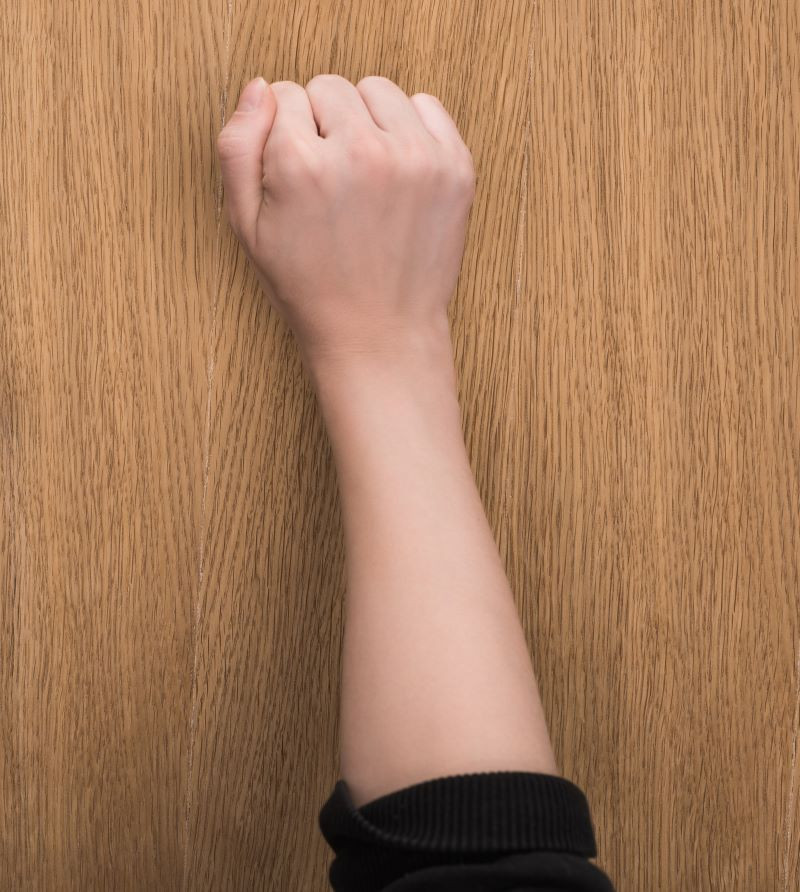
2. Beware the Evil Eye
The Evil Eye, a malicious glare believed to bring misfortune, is a common superstition across many cultures, particularly in the Middle East and North Africa. Amulets and charms are often worn to ward off its evil influence.

3. Throwing Salt Over Your Shoulder
Spilling salt is a common misfortune in many cultures, but there is a way to reverse it!
Throwing a pinch of salt over your left shoulder supposedly confuses the devil who may be lurking and waiting to cause you trouble.

4. Don’t Give a Sharp Exit to Your Friendship in Turkey
Giving a knife or scissors directly to someone in Turkey is a social gaffe of epic proportions. It signifies potential conflict or a severed friendship. Instead, place the sharp object on a table for the recipient to pick up, ensuring a smooth and long-lasting relationship.

5. Walking Under a Ladder
This superstition likely arose from the practical danger of walking under a ladder with tools or paint buckets overhead. However, it morphed into a belief that ladders create a portal between worlds, and walking under it brings bad luck.

6. Spit on the Broom to Avoid Spinsterhood
In parts of South America, sweeping someone’s feet with a broom is a surefire way to condemn them to eternal singledom. Yikes! But fear not, there is a simple remedy: spit on the broom to break the curse.
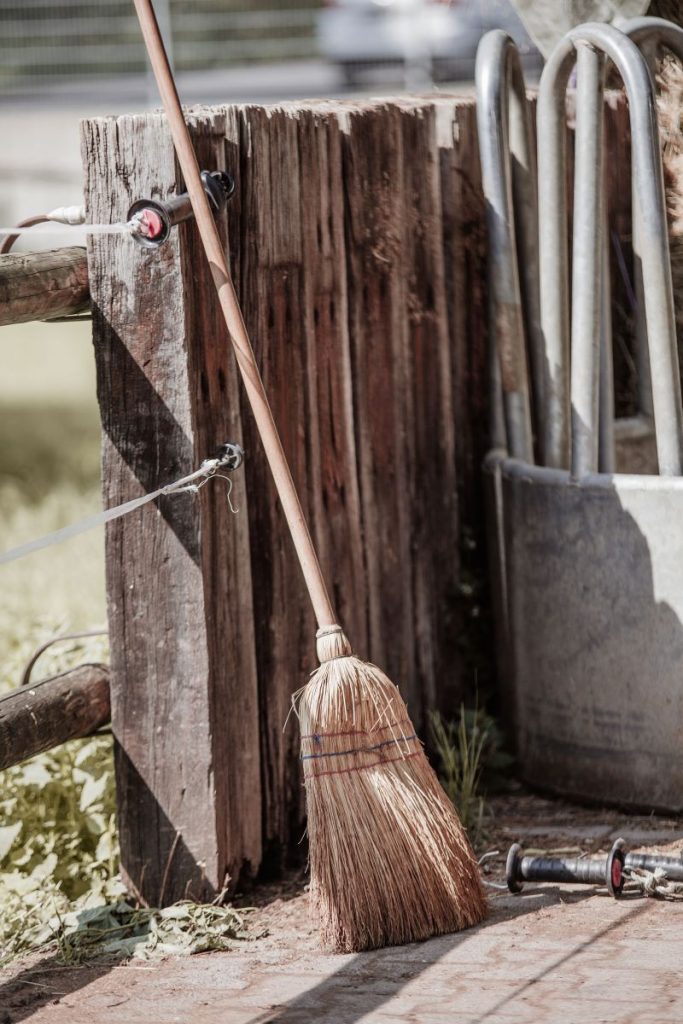
7. Broken Mirror = 7 Years Bad Luck (Many Cultures)
This widespread superstition likely stems from the belief that mirrors hold a piece of your soul. Breaking a mirror damages that reflection and brings misfortune for seven years.

8. Unlucky Umbrella Opening Indoors
This one might be familiar. In many cultures, opening an umbrella indoors is considered bad luck. Theories range from disrespecting the weather gods to the umbrella symbolizing misfortune trapped inside.

9. Step on a Crack, Break Your Mother’s Back (Origin Unknown)
This childhood rhyme is a more lighthearted superstition, but its origins are unclear. It may have served as a cautionary tale to children to watch their step.
Stepping on cracks in the sidewalk is said to bring bad luck, often to your mother’s back unfounded though that may be!). The origins of this superstition are unclear, but it highlights the playful and sometimes nonsensical nature of superstitions.

10. Lucky Red Undies in China
Red underwear is a popular good luck charm in China, especially during Chinese New Year. The color red is associated with good fortune and prosperity. Some may wear it because of the weird superstition, but some wear it for completely different reasons.

11. Lucky Pennies (Celtic Origins)
Finding a penny is considered good luck, especially in Celtic cultures. Perhaps it’s because pennies were once made of valuable metals, or because finding a penny represents a small but unexpected blessing in your day.
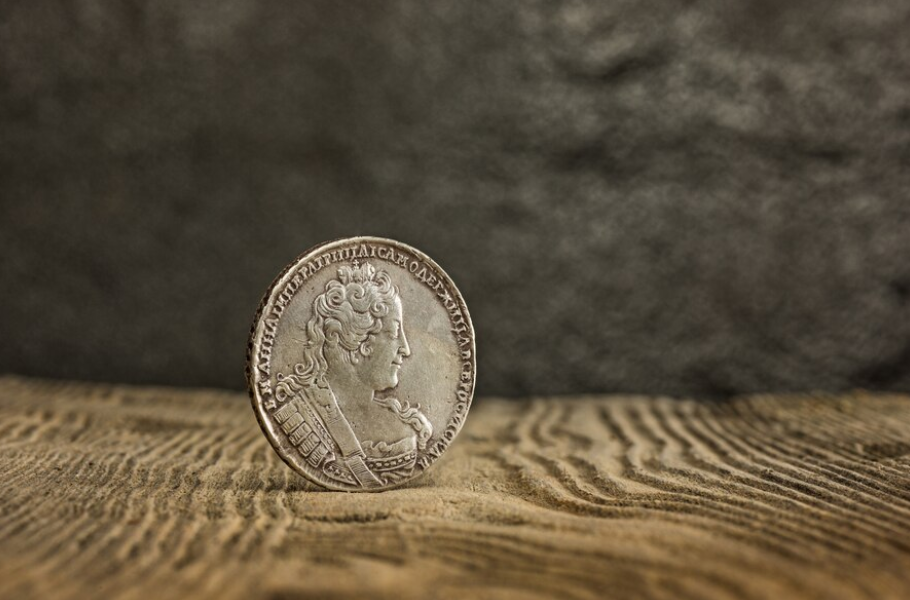
12. Itchy Palms and Empty Pockets in Many Cultures
An itchy palm is a common superstition across many cultures, but the meaning can vary. In some places, it means you’re about to come into money, while in others, it signifies an outgoing expense.

13. Lucky Horseshoe (Many Cultures)
The horseshoe is a universal symbol of good luck, often hung over doorways for protection and prosperity.
The origins of this superstition can be traced back to ancient civilizations who believed horseshoes brought good fortune, possibly because they were associated with strong and healthy horses.
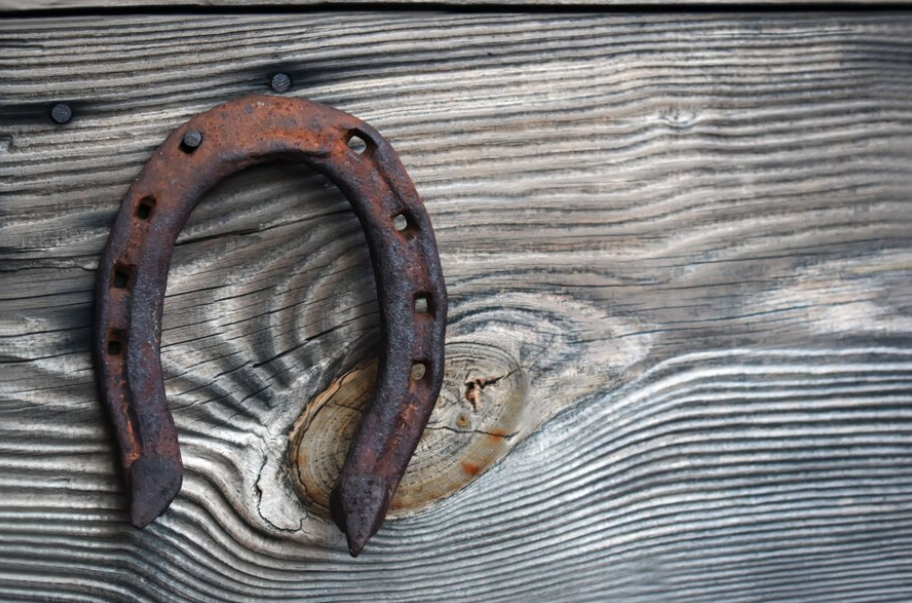
14. Friday the 13th
This day is widely considered unlucky in Western cultures, perhaps due to a confluence of historical and mythological factors, including Norse mythology and associations with the Knights Templar.

15. Whistling Up Trouble in South Korea
Forget serenades under the moon – whistling at night in South Korea is a recipe for bad luck. Why? It might just attract unwanted attention – from ghosts and spirits that roam during the nighttime hours!
16. The Peril of the Empty Bucket in Russia
An empty bucket in Russia is more than just a chore waiting to happen. It’s a symbol of impending misfortune.
So next time you are in Russia, avoid empty buckets and maybe even carry a lucky-filled one – just in case.

17. Birdwatching From the Inside Out in Germany
Germans have a peculiar superstition about birds. If a bird taps on your window, it signifies bad news is on its way. But there is a twist – if you see the bird from the inside looking out, the bad luck can be averted!
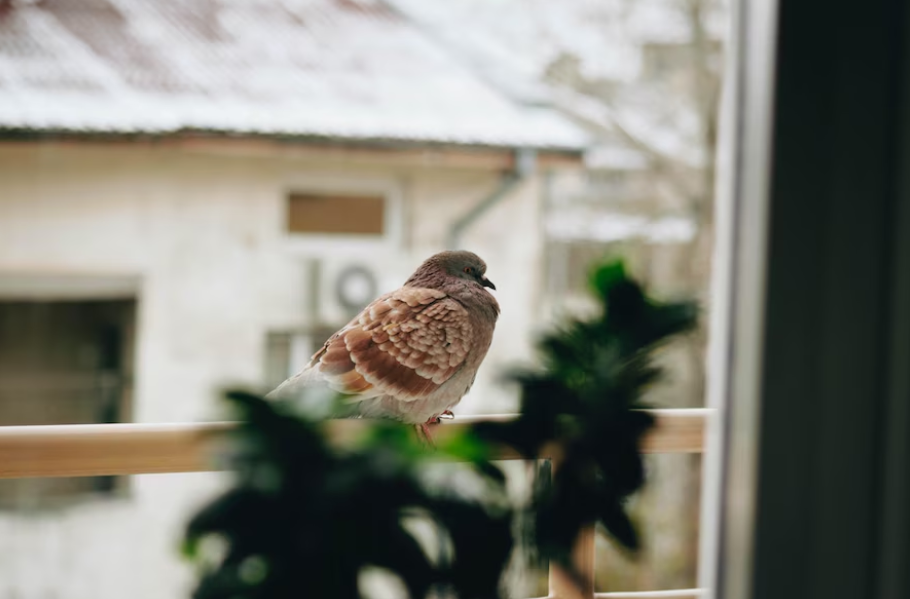
18. Birthday Noodles for Long Life in China
In China, slurping long noodles on your birthday is a symbol of longevity. The longer the noodle you can eat without breaking it, the longer and more prosperous your life will be.

19. Dropping Chopsticks in Japan
In Japan, dropping your chopsticks is considered bad luck, especially if they fall apart. It can signify upcoming misfortune or disrespect towards the deceased.
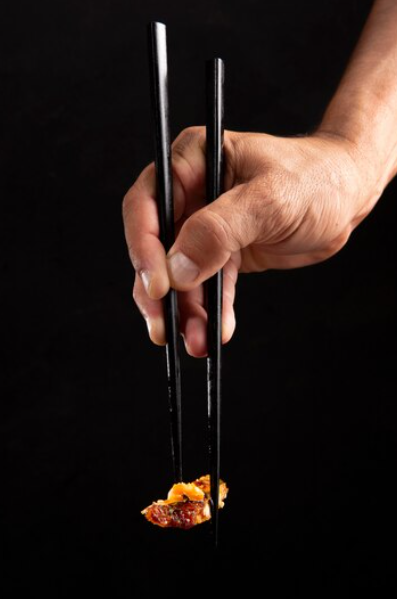
20. Writing Love Letters to Juliet Capulet
In Verona, Italy, you will find a wall plastered with love letters addressed to Shakespeare’s tragic heroine, Juliet. Legend says sending a letter brings you love or strengthens your existing relationship. It’s a charming tradition, but there is no guarantee the mail reaches the afterlife.
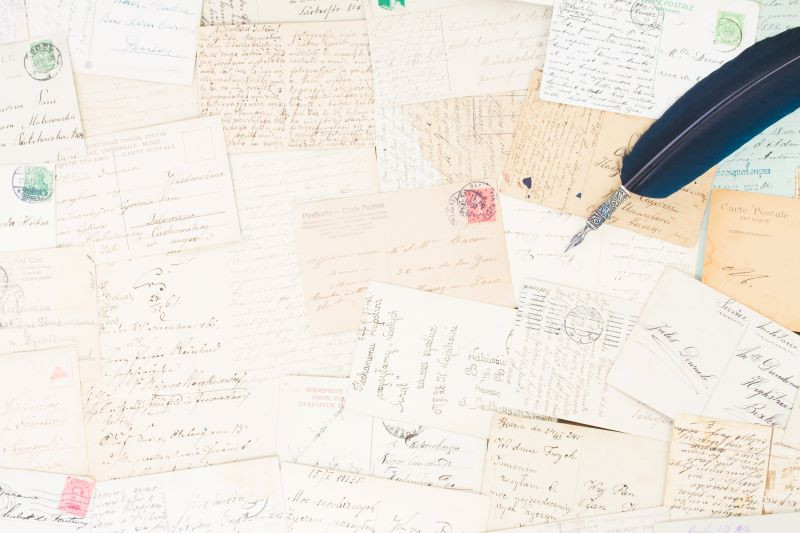
21. Giving Yellow Flowers Symbolizes Jealousy
This belief might be linked to the fact that wilting flowers, often yellow, can represent decline or negativity. However, the meaning of flower colors varies greatly by culture. A bright yellow bouquet can symbolize joy or friendship.
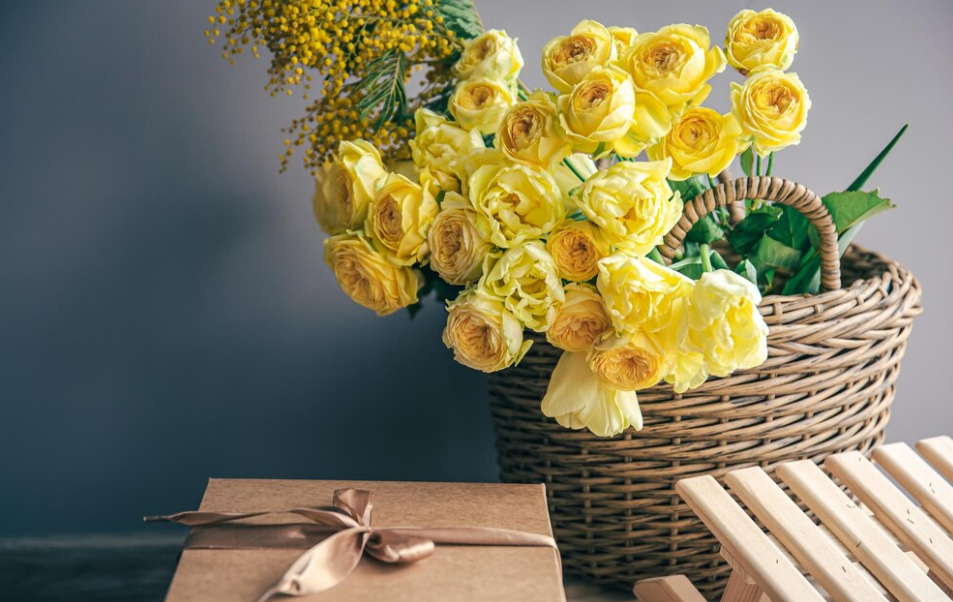
22. Black Cats and Bad Luck
This purr-adoxical belief likely stems from medieval Europe, where black cats were associated with witches and the occult. In reality, black cats can be just as lucky (and cuddly) as any other feline friend.

So, the next time you are faced with a broken mirror, an itchy palm, or an empty bucket in Russia, remember these fascinating and weird superstitions!
Whether you believe in them or not, they offer a window into the beliefs and customs that shape cultures around the world.
Where are you from and how superstitious are you? Tell us in the comments!
You may also like: The Four Lucky Zodiac Signs That Will Have the Best 2024


